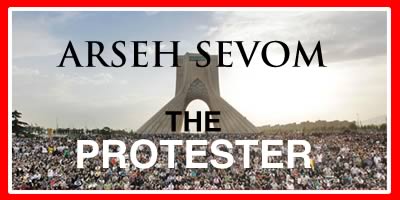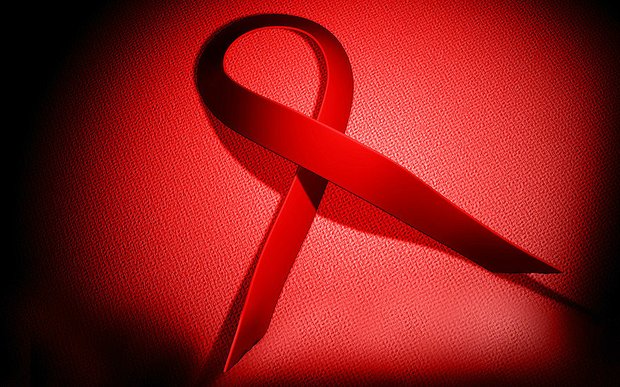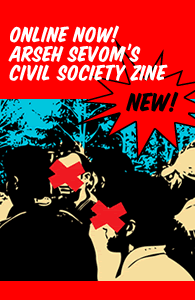December 15, 2011
Arseh Sevom -- With the announcement from Time Magazine that The Protester is this year's person of the year, we thought this was a good time to remind our readers of all the great content on Arseh Sevom's English site related to protests, demonstrations, and acts of advocacy.The entire Arseh Sevom Zine for Winter 2011 responds to the question: "What's next? What comes after the unity when the messy business of democracy begins?" A good place to start is with The Letter from the Editor, which sets the stage for the rest of the articles.The first issue of Arseh Sevom's Civil Society Zine looks at networking, networks, and change. You might want to check out Linda Herrera's piece: Two Faces of Revolution: Why Dictators Fear the Internet.In Creating the Impossible: The Invisible Network of Britain's Activist Subculture, Avery Oslo discusses the consensus building of eco-activists. Some of it may sound familiar to people who have been following the activities of Occupy Wall Street.









